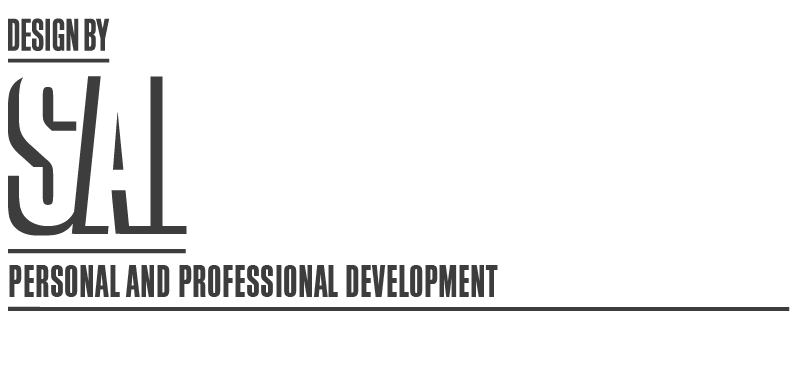Thursday 29 September 2011
Wednesday 28 September 2011
Creative Schorlaship to Japan
Friday 23 September 2011
Potential Post Grad Courses :
Cultural & Creative Industries
Core modules look at cultural theory and history and the characteristics of cultural industries and creative organisations. Optional modules include Art of Management, Contextualising Creativity, The Creative City, "Creatives", Culture and Commerce, Cultural Markets, Cultural Policy, Film and American Culture, Internship in the cultural and creative industries, Subcultures, Visual Culture and two modules on the contemporary museum taught at Tate Modern. Students on the internship module undertake work experience in the arts or creative industries, and write a self-assessment looking at the skills, knowledge and motivation needed to build a career in these industries. Previous students have interned at the BBC, Film London and the V&A Museum. Finally, students research and write a supervised dissertation on chosen topic within the field.
Potential Post Grad Courses : KINGSTON
Kingston University's unique new programme of postgraduate courses will inspire you to maximise your true potential across many areas of the Creative Economy.
After one intense year of full-time training or two years part-time, you will be equipped with the necessary practical skills and knowledge to succeed within your specialist creative discipline.
Communication Design & the Creative Economy MA
Part 1: core modules
- Design Thinking and Entrepreneurship in Practice
- Managing Creativity and Innovation
- Leadership in the Creative Economy
- Contemporary Issues in the Creative Economy
Part 2: specialist modules
- Design Group Projects
- Individual Design Projects
Part 3: personal project (choose one)
- Dissertation
- Innovative Project
Managing in the Creative Economy MA
Part 1: core modules
- Design Thinking and Entrepreneurship in Practice
- Managing Creativity and Innovation
- Leadership in the Creative Economy
- Contemporary Issues in the Creative Economy
Part 2: specialist modules
- Financial Resource Management
- Managing Operations
- Managing People and Organisations
- Marketing
Part 3: personal project (choose one)
- Dissertation
- Innovative Project
Design for Development MA
What will you study?
The Design for Development MA is about the need to change to a more sustainable and equitable society. The course content focuses on building a road-map to get there. You will be undertaking your studies in a number of faculties and schools across the University.
Socially and ecologically considered design urges:
- innovation;
- participatory design thinking;
- project and stakeholder identification;
- sustainable development models;
- entrepreneurship; and
- an anticipation of the consequences of communications, products and services.
This approach requires new knowledge, skills and collaborative partnerships.
We will examine ways to inspire and challenge organisations with positive, real-world solutions for a sustainable future through design interventions. It's about exploring innovative and practical ways to help realise those visions, emphasising design, innovation, entrepreneurship, leadership, communication and campaigning.
Please note that this is an indicative list of modules and is not intended as a definitive list. Those listed here may also be a mixture of core and optional modules.
Core modules
- Visioning a Sustainable World
- Entrepreneurship in Context
- Sustainable Design Principles, Perspectives and Practices
- Managing Corporate Social Responsibility and Sustainable Development
- Major Design Research Project
Option modules
- Biodiversity and Conservation
- Marketing
- Managing Creativity and Innovation
- Meaning and Protection of Human Rights
- Media, Public Policy and International Politics
- Sustainable Cities
- Sustainable Environmental Management
Potential Post Grad Courses : GOLDSMITHS
MA in Design & Environment
The MA in Design and Environment addresses the intersection of design and environmental issues from the perspectives of both theory and practice-based study. In distinction to other programmes in the area, the programme undertakes an intensive inquiry into environmental discourses and practices, and maintains that such an inquiry enables creative projects that would not be possible in other contexts. In this sense, the MA establishes a critical-creative setting in which you can challenge existing theory and practice and explore ways to expand your own research and practice.The MA helps you to:
- develop a systematic understanding of relationships and connections between design and environment, as informed by both theory and practice
- develop reflective abilities through exploring new practices and discourses in design and environment
- review methods and processes used in design and environment practice and research
- research, explore and extend understanding of sustainable practices and their social impact in design and related fields
- develop new approaches and skills to a high level to inform and develop practical and intellectual domains of professional work.
MA in Brand Development
What you study
The degree is made up of two core courses (60 credits in total), between two and four option courses (60 credits in total), and a dissertation (60 credits). Core courses introduce students to contemporary definitions and theories of branding, its history and development, changes in the role of marketing, promotion and design, and their place in the global economy. These courses also cover key themes in branding, such as intellectual property rights, the changing media environment, globalisation and international trade and the impact of digital communications and marketing technologies. Throughout this core component of the degree, you will examine the very wide range of ways in which branding is currently used, from large corporations and media organisations to public sector bodies, charities, sports organisations and educational establishments. You will be encouraged to develop your critical and analytical skills, but also to think creatively and become more confident in your aesthetic judgement.
For the optional courses, you will have an opportunity to explore some of the wider contexts for branding, by taking courses provided by other degrees in Media and Communications and neighbouring departments such as Sociology, Cultural Studies and Anthropology. Goldsmiths prides itself on its innovative and critical approach, and you will be encouraged to immerse yourself in its wider intellectual environment in order to deepen your understanding of the cultural infrastructure surrounding branding.
The programme has been developed in collaboration withThe Brand Union, and students benefit from regular input from professionals working in the industry through seminars and talks from visiting speakers. Throughout your degree you can expect to be taught by experts in the field who have published widely in their respective areas of interest.
MA in Creative and Cultural Entrepreneurship: Design Pathway
Course I: Theories of the Culture Industry: work, creativity and precariousness (30 credits)
Modes of Production within one creative
industry sector (30 credits)

